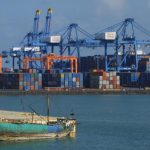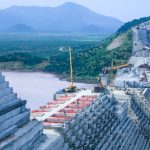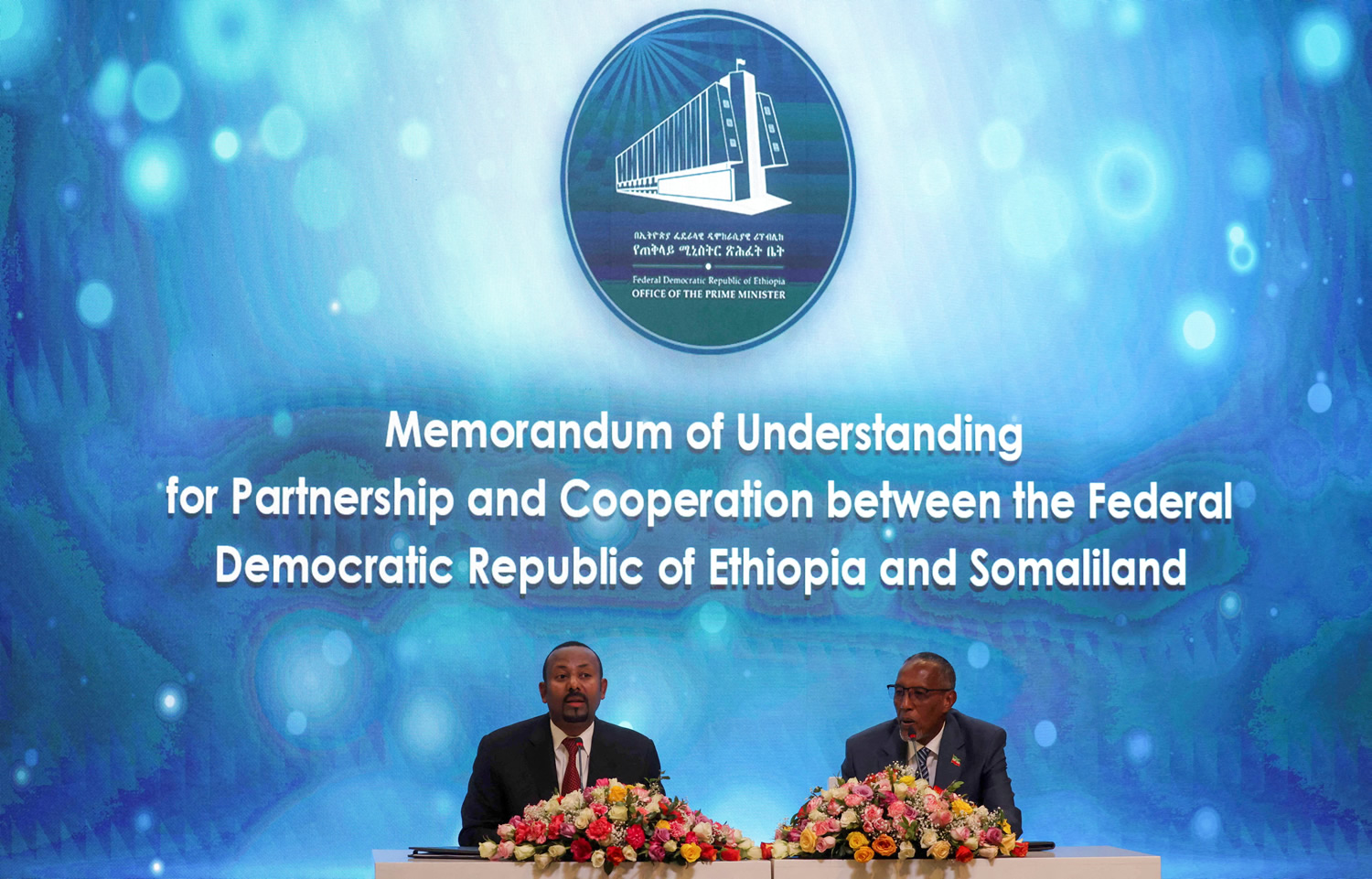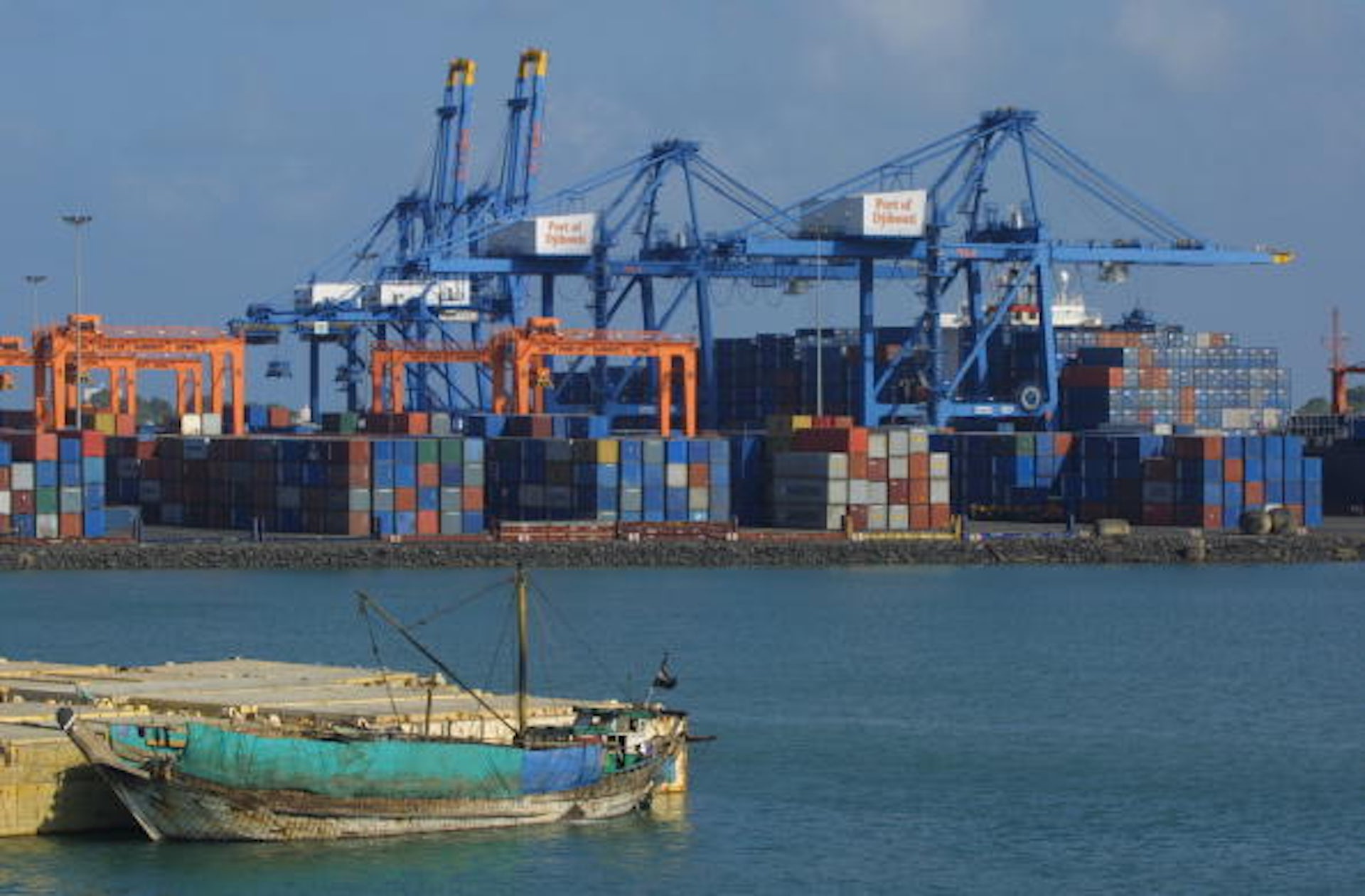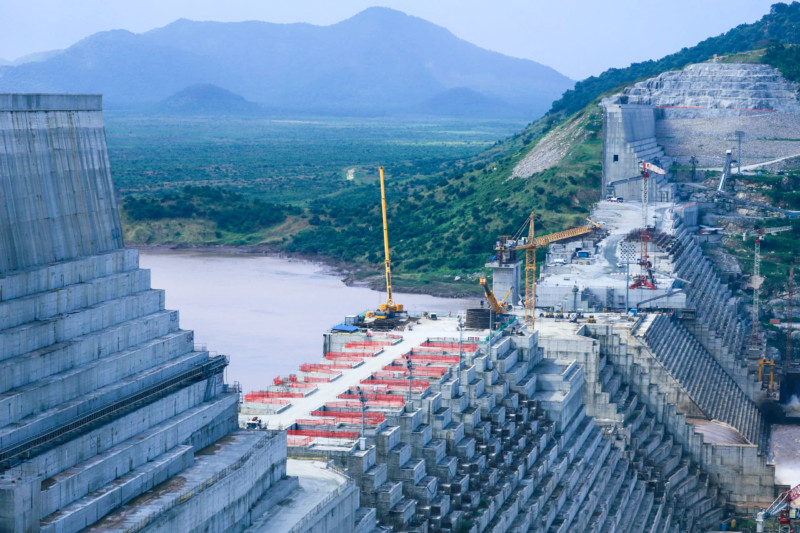By Paulo Santos, Horn of Africa Analyst
1. Introduction to Ethiopia’s Regional Role and Current Landscape Ethiopia has historically been a pivotal nation in the Horn of Africa. Today, it faces a complex web of relationships and tensions with regional powers like Eritrea, Egypt, and Somalia. Recent developments, such as Ethiopia’s port deal with Somaliland, add further intricacies to the regional dynamics. Understanding these turbulent currents is crucial to comprehending Ethiopia’s strategic maneuvers in the years ahead.
2. Detailed Examination of Regional Tensions and Conflicts
- Eritrea: The longstanding conflict with Eritrea, highlighted by the devastating 1998-2000 border war, continues to cast a shadow over regional stability. Despite a brief thaw in relations following Ethiopian Prime Minister Abiy Ahmed’s peace initiative in 2018, the peace process has since stalled. The unresolved border dispute and Eritrea’s history of regional interference, especially its support for the TPLF, underscore the ongoing risks and complexities of this relationship.
- Egypt: Ethiopia’s construction of the Grand Ethiopian Renaissance Dam (GERD) on the Blue Nile has heightened tensions with Egypt, which views the dam as a threat to its water security. Despite numerous negotiations, no binding agreement has been reached on the allocation of Nile waters or dam operations. This stalemate has strained relations between the two nations, already complicated by their competing interests in Sudan and Somalia.
- Somalia: Ethiopia’s engagement with the separatist region of Somaliland, particularly the 2023 port agreement, has provoked criticism from Somalia, which claims Somaliland as part of its territory. This deal has exacerbated the already complex Ethiopian-Somali relationship, historically marred by border conflicts and differing political interests.
3. Ethiopia’s Strategic Maneuvering and Response Ethiopia is navigating these multifaceted tensions with a combination of diplomatic efforts and military preparedness. Diplomatic initiatives aim to reduce conflicts while maintaining military strength is essential for preserving Ethiopian leverage. The acceleration of naval development is particularly prudent given the importance of Red Sea security. Additionally, Ethiopia is fostering regional partnerships, garnering economic support and political backing from nations like the United Arab Emirates and Gulf states to counterbalance regional adversaries. Coordinating with global powers like the United States and the European Union is also vital for Ethiopia to deter external aggression and mediate disputes.
4. Potential Destabilizing Actions by Regional Adversaries Several scenarios could further destabilize the region: Eritrea might intensify support for Ethiopian opposition groups, Egypt could escalate its stance on the GERD issue, and Somalia might retaliate against the Somaliland port deal through economic sanctions or diplomatic actions. Additionally, regional rivals might engage in military posturing or provoke border skirmishes, increasing regional tensions. While a full-scale war seems unlikely, these lower-level hostilities pose a significant risk of escalation.
5. Conclusion: Ethiopia’s Role and Future in the Region In the shifting landscape of the Horn of Africa, Ethiopia’s role is central. By investing in diplomacy, military preparedness, and strategic infrastructure, Ethiopia aims to avoid over-dependence on any single regional partner. Amidst these challenges, Ethiopia’s adept navigation is crucial not only for its future but also for shaping the geopolitical dynamics of this dynamic region.

